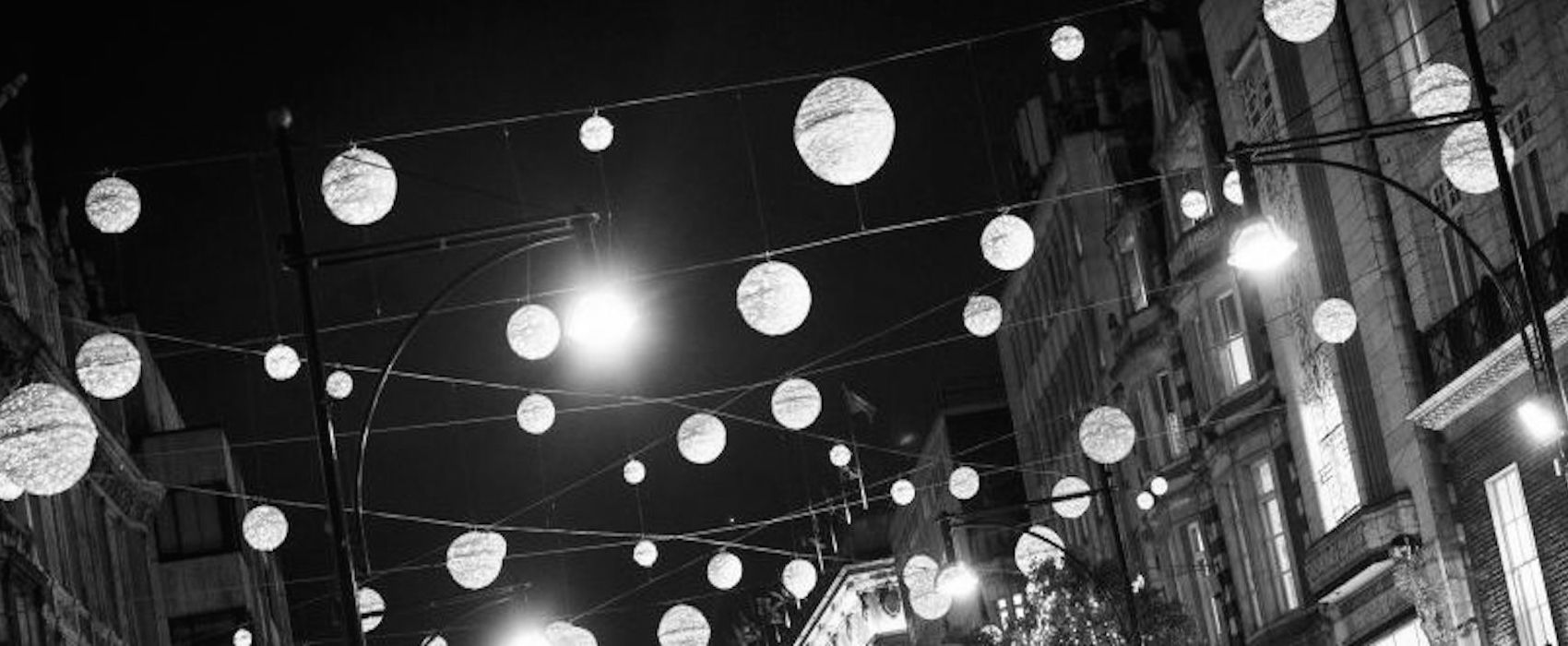It’s something I return to again and again, the fact that following Mark’s death I had to rely on my instinct and intuition to an unprecedented degree, and that doing so has changed me.
That certainty in myself, the confidence I developed that I knew what I needed has not only stayed with me, it’s become a source of a strong steady feeling, a kind of joy. There is something very precious about listening to what it is that you want or need and trusting yourself and your capacity to provide it or secure it in some way.
It suggests a sense of agency, a dynamic engagement with life, in which doing and being flow and work together. There are all sorts of limits to this agency, of course, many ways in which economics, class and race undermine, suppress and deny it. As Lisa Appignanesi outlines in Mad, Bad and Sad, women’s agency has been denied and problematised over centuries. Her study of women and the Mind Doctors in England and America from 1800 onwards shows how narrowly women’s scope for being was defined, how little activity and engagement with the world around them was expected, and how any attempts to deviate from those constructed norms was deemed ‘mad’.
Perhaps that is why it seems so important that women do engage in political space, because without doing so they can’t experience themselves as having a strong sense of agency. And maybe that’s why women’s participation in those spheres is so forcefully contested. The language of choice and empowerment is not unfamiliar to women, but the context is key. Edward Bernays, public relations pioneer and Sigmund Freud’s nephew, first tethered consumption to empowerment in the 1920s and 1930s as a conscious attempt to stem the tide of collective power that was agitating for change at the time.
Some women have freedom to consume, and others have reached powerful positions, but does that translate to the kind of agency able to go beyond serving the status quo? When it comes to collective levels, how much capacity do women have to shape things, to follow through what they know to be right, to lead things in that direction?
The recent revelations about sexual violence and harassment in the film industry and in politics was brought about by some remarkable acts of bravery among women who broke the silence about their experiences. But as I wrote before, while this was happening a younger woman I know was experiencing harassment and being silenced. And while myself and a friend could offer support, it didn’t seem that there was much more that we could do, and in that sense we were operating in the same way that many women had before. How do we go further and challenge not just individuals, but the whole system by which male power is normalised and their entitlement perpetuated? How do we push back against the idea that it’s women who bear the shame of sexual violence, that white maleness can’t be interrogated?
I’m aware that I’m using broad categories, that not all men, not all relationships fall into this pattern. But I’m also aware that while I can talk about a growing sense of agency, there are structures that limit not only my ability to act, but those of the majority of women in many and complex ways. Interestingly, the sense of agency that I’ve been experiencing seems not to be promoting and upholding a sense of individualistic endeavour, but instead seems to lean towards more awareness of the agency of others. As that happens, lots of questions are emerging about not only working alongside them, weaving together a reflection of all our wants and desires, but also how those about how we can be free from the powers and structures that restrict that movement.
